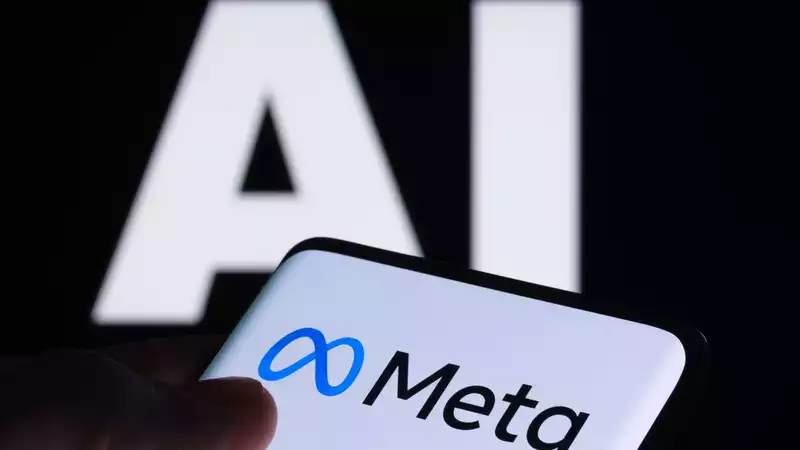Meta is an industry leader in AI and has trained generative AI models to integrate intelligent capabilities into its platform But how do they train AI? We give them data
Our data
This data is used to create predictions and patterns for generating image and text content from input
A few months ago, European regulators charged Meta $13 billion for misusing the data To remedy this situation, the company recently released the Generative AI Data Subject Rights Form
The form allows you to request that your personal data be removed from the system So how does one protect one's personal data? Is it real privacy protection or an elaborate marketing gimmick? Let's find out
Meta collects public information from the web and obtains data from third-party data brokers and other providers, including cookies The data collected may include names, contact information, addresses, and other information that you might consider personal
The above form only asks Meta not to use data obtained from third parties: Instagram, WhatsApp, Facebook, Threads, etc, giving Meta the freedom to not give AI data obtained from their apps Neither the form nor the company mentions anything about giving users this freedom
It is important to note the word "request" here This means that the company can still refuse to stop third-party data, ie, your data, from entering the belly of its AI
Also, while the process of submitting a request is straightforward, one prompt asks you to provide an instance in which the AI generated information containing your personal information What happens to users who would prefer that such instances never happen in the first place?
It is good to see that the company is not touching the app's private posts, ie, those that are shared only with family and friends On top of that, private chats on messaging services are also not used in the model's training data
For public postings, first-party data cannot be prevented from being used These public data sets are separated from the private data and fed into the system; it is somewhat reassuring that Meta has made it clear that it has intentionally chosen not to include LinkedIn data for this purpose due to privacy concerns
On this subject, a Meta spokesperson recently clarified that its latest open-source large-scale language model was not trained on Meta's user database, and that the company has not announced any generative AI consumer features based entirely on this system
To submit a request, all one needs to do is enter their country of residence, name, and email address When accepting a request, Facebook does not ask for an account login Access the Generative AI Data Subject Rights form on Meta's Privacy Policy page on Generative AI There is also a security check test that you must pass before submitting your request If you do, the company will review your request and, in most cases, send you a confirmation email within 24 hours of submission
Factors such as residency may affect how data subjects exercise their rights and object to their data being used for AI In the UK, data privacy laws back up the form, and the form seems to make more sense because it shows that the form is actually taking action
Recently, the European Data Protection Board (EDPR) announced that Meta will be prohibited from using your personal data for targeted advertising In short, the only way Meta can use your personal data for advertising is by obtaining your consent
As for US citizens, it remains to be seen if any action will actually be taken by the company when you request to opt out
For example, Meta recently announced Code Llama 2, an AI model that provides and helps with coding, reasoning, and other ability tests; Meta has stated that this particular AI is not trained on the company's database of users, but is a generative The company clarified that it has not launched any AI consumer features
Meta also stated that it would be transparent to users and authorities and would keep them updated on the data it uses for AI and other purposes The company is committed to respecting the rights of its users no matter what
Meta is notorious for various privacy-related scandals, including Meta's chief opposition to calls for AI regulation by AI experts, the company's biased content censorship as evidenced during the Hamas-Palestinian conflict, and the British government's concerns over its end-to-end encryption model
Recently, however, the company has sought to enhance user privacy Whether this is due to public or authority pressure or the company's own conscience, it is something we can all appreciate










Comments